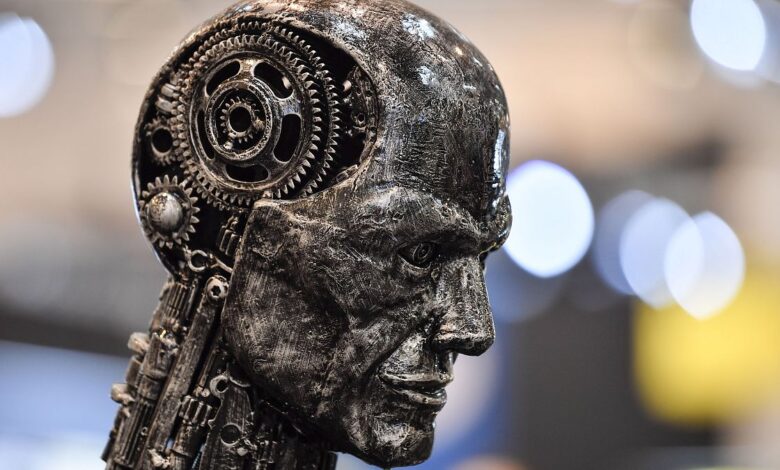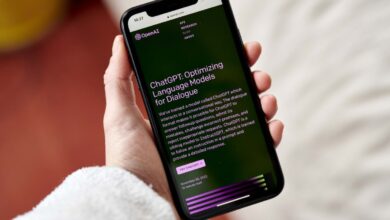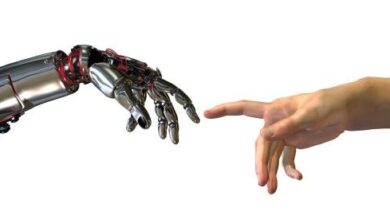AI presents ‘maximum risk’ for news companies as trust in the global media dips, study finds

The Reuters Institute for the Study of Journalism report offered insight into how technology will continue to change and shape news coverage.
Artificial intelligence (AI) is posing new challenges to the already struggling news industry, a report published on Monday by the Reuters Institute for the Study of Journalism found.
With mass layoffs, closures, and other cuts due to rising costs and falling advertising revenues, society’s trust in media has dipped to around 40 per cent, according to the survey, with AI increasing suspicions.
AI may also steer traffic from news websites and apps, the study said, adding that it could lead to “further uncertainty” about how information environments might look in a few years.
Of the nearly 10,000 people surveyed across 47 countries, there was “widespread suspicion” about how AI might be used for hard news stories such as politics or war.
The study found that 52 per cent of US respondents and 63 per cent of UK respondents said they would be uncomfortable with news produced mostly with AI.
However, the study noted that respondents would be more comfortable with AI being used to support rather than replace journalists in behind-the-scenes tasks such as transcription and translation.
Newsrooms are trying to compete with AI companies such as Google and OpenAI, which have the technology to summarise information from news websites.
But media companies are also trying to harness AI for their own use as it can reduce costs and can personalise their content for users, the study said.
Such uses of AI include AI-generated “bullet points” at the beginning of stories by some Nordic publishers or one German publisher using an AI robot to write more than five per cent of its published stories.
There are even AI radio news readers and television presenters in some parts of the world.
News influencers
Social media companies are presenting another challenge to news organisations with an increase of 13 per cent of TikTok users watching the platform for news.
News influencers are playing a bigger role than mainstream media companies, the survey found.
In a survey of more than 5,600 TikTok users who said they used the app for news, 57 per cent said they mostly paid attention to individual personalities, versus 34 per cent who said they mainly followed journalists or news brands.
The study found that In France, Hugo Travers, 27, known online as Hugo Décrypte, gets more mentions than traditional news brands such as Le Monde or BFMTV with his explanatory videos about politics. He has 2.6 million subscribers on YouTube and 5.8 million on TikTok.
“Overall, we are still at the early stages of journalists’ usage of AI, but this also makes it a time of maximum risk for news organisations,” the study said, adding that “publishers need to be extremely cautious about where and how they deploy it”.
“Wider concerns about a flood of synthetic content in online platforms means that trusted brands that use the technologies responsibly could be rewarded, but get things wrong and that trust could be easily lost”.



